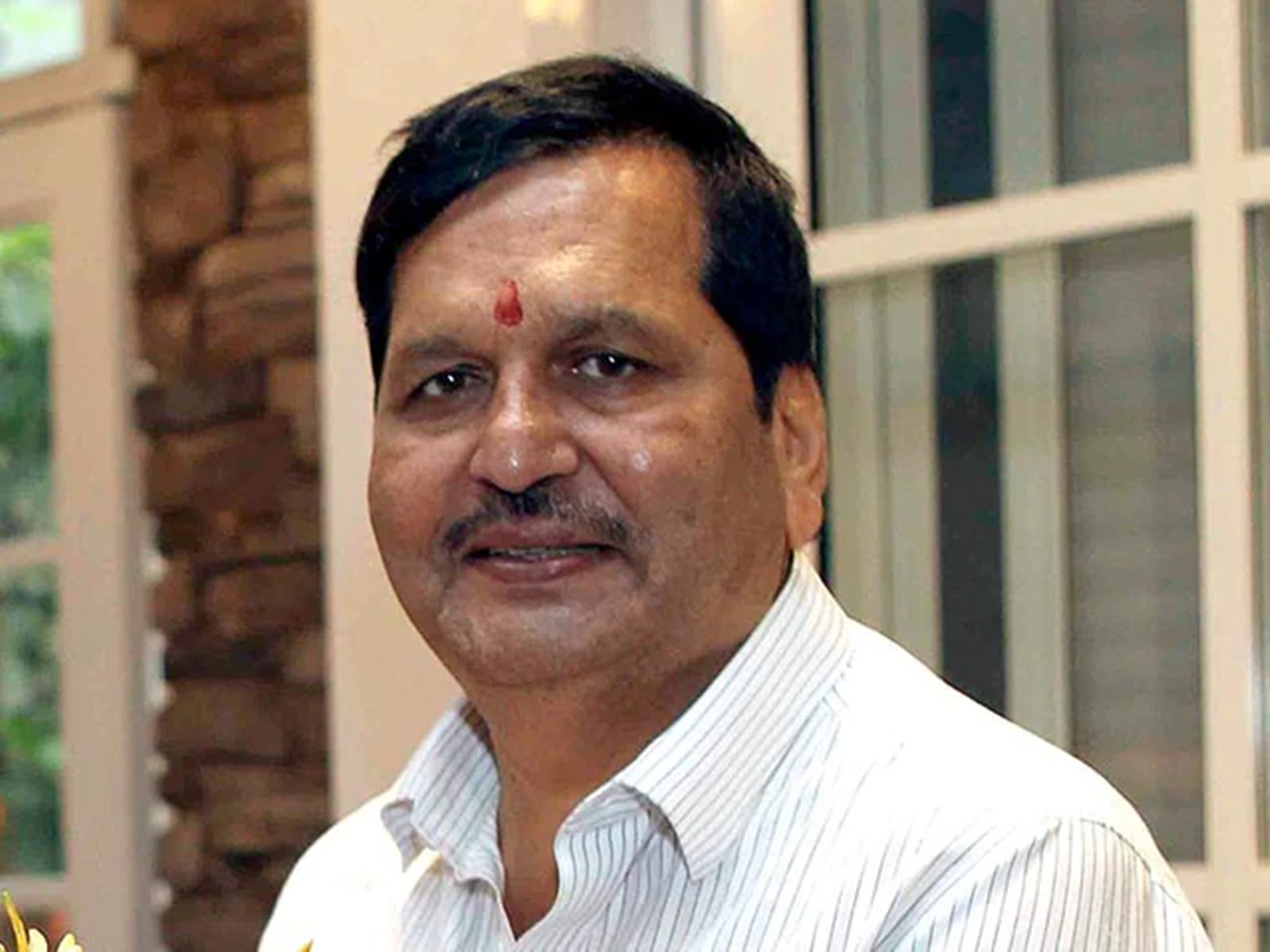Nod for new PPP policy to transform ITIs into world-class training centres
The policy, developed by the Department of Skill Development, Employment, and Entrepreneurship, will enable high-tech training, improved infrastructure, direct apprenticeship opportunities with global companies, and employment avenues that will financially empower trainees.
 Government ITIs have long been an integral part of Maharashtra’s vocational education system. (Express File photo)
Government ITIs have long been an integral part of Maharashtra’s vocational education system. (Express File photo) The Maharashtra government on Tuesday approved a new Public-Private Partnership (PPP) policy to transform Industrial Training Institutes ( ITIs) in the state into world-class institutions that can produce technologically-advanced and industry-ready skilled manpower.
The policy, developed by the Department of Skill Development, Employment, and Entrepreneurship, will enable high-tech training, improved infrastructure, direct apprenticeship opportunities with global companies, and employment avenues that will financially empower trainees.
According to the government, around 2 lakh ITI students are expected to benefit from the implementation of the PPP policy.As part of the policy, an innovative and time-relevant curriculum will also be introduced, Skill Development Minister Mangal Prabhat Lodha at a press conference at Mantralaya.
Government ITIs have long been an integral part of Maharashtra’s vocational education system.
While ITIs have historically contributed to Maharashtra’s industrial growth by supplying skilled labor, there is now a pressing need for highly specialised talent aligned with global industrial demands.
These institutions face challenges such as outdated infrastructure, gaps in curriculum, and financial constraints. Therefore, revitalising these ITIs with future-oriented planning is necessary.
Leading corporates, industrial associations, and philanthropists will be encouraged to help design curriculum and provide world-class training infrastructure.
Corporates will be incentivised to contribute under CSR (Corporate Social Responsibility) by investing in ITIs.
Key features of PPP policy
1. Partnerships can be for a duration of 10 years (with a minimum investment of Rs10 crore) or 20 years (with a minimum investment of Rs 20 crore).
2. Maharashtra Institute for Transformation (MITRA) will serve as the strategic partner for policy implementation.
3. In rural areas, if necessary, the Viability Gap Fund (VGF) model may be used through tenders.
4. ITIs will be classified into three categories based on their location, assessment, and potential.
5. Existing staff, including teachers, will be retained. However, additional staff for new courses may be appointed by industry partners.
6. In the first phase, at least 25 ITIs will be selected. After reviewing the pilot phase, 100 ITIs will be included in the PPP model.
Evolving Curriculum
As part of the introduction of an innovative and time-relevant curriculum, the students will get access to global-level industrial training. Courses in AI, cybersecurity, e-learning platforms, additive manufacturing, IoT, robotics, and green energy will be introduced.
“Centers of Excellence” will be established based on the industrial clusters in specific regions (for example, Pune and Sambhaji Nagar for the automobile industry).
Practical training will be emphasised, with a focus on producing industry-aligned skilled manpower.
As part of the new policy, ITIs will function as industry-aligned institutions and become more capable of supplying technologically proficient manpower. A job placement cell will be set up within each PPP-operated ITI to support job opportunities for trainees.







